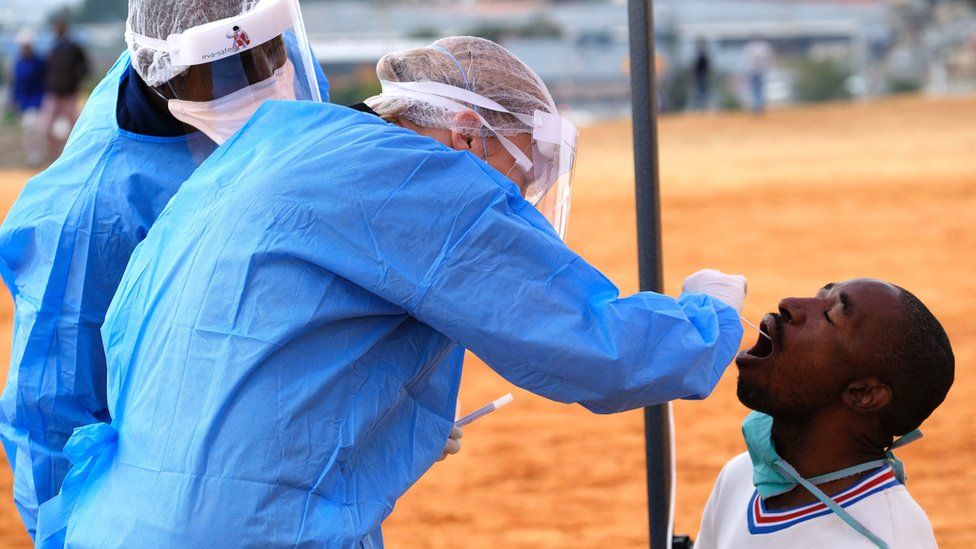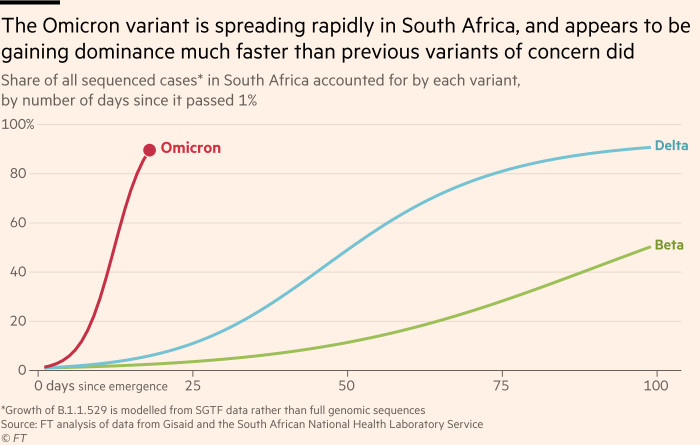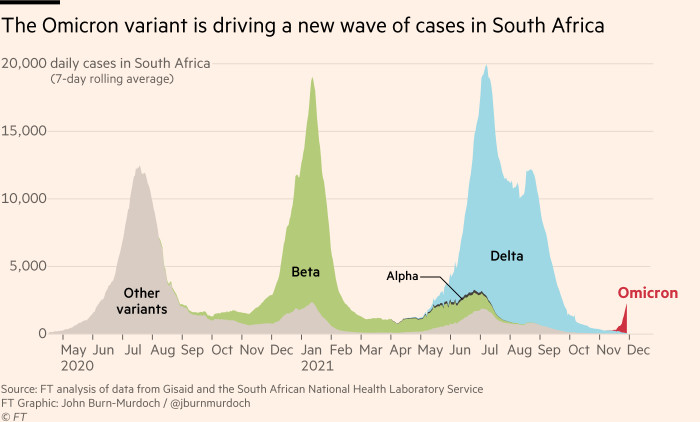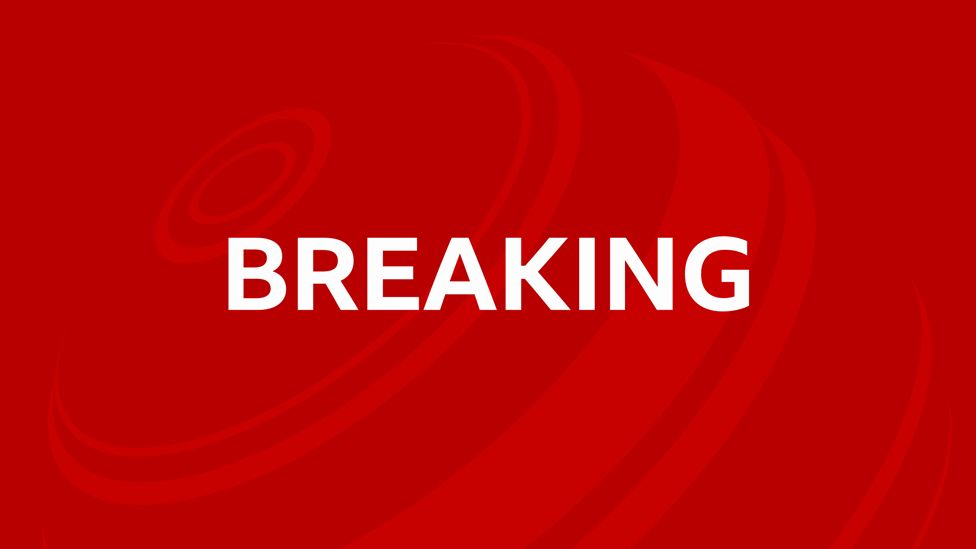
Franco-British relations sank to a new post-Brexit low on Friday when Emmanuel Macron criticised Boris Johnson over what he called his failure to act “seriously” to find a solution to the cross-Channel migrant crisis.
Only two days after both governments were shaken by the deaths of 27 people seeking to reach England from France in a small boat, Paris cut London out of an urgent meeting of European ministers in Calais on Sunday because of the UK prime minister’s cavalier approach to the problem.
Johnson had written and publicised a letter to France’s president late on Thursday in which he called for French and British maritime patrols in each other’s territorial waters and for the thousands of migrants who reach English shores to be returned to France.
“If those who reach this country were swiftly returned, the incentive for people to put their lives in the hands of traffickers would be significantly reduced,” Johnson wrote.
Macron and his ministers objected both to the content of the letter, which revived proposals already rejected by France and laid the blame for the crisis at France’s door, and to the way it was immediately made public to the British media.
The UK’s right-leaning Daily Express tabloid carried a splash headline on its front page on Friday that read: “UK troops to patrol French beaches”.
Macron said on Friday: “You don’t communicate from one leader to another on these matters through a tweet and a letter which you make public. We’re not whistleblowers.”
He added: “Our ministers are going to work seriously to deal with this serious matter with serious people.”
Macron’s anger is the latest sign that his relations with Johnson are again deteriorating despite indications in the days before the tragedy that the two governments were improving their co-operation in attempting to stop people leaving the French coast.
Since British voters opted to leave the EU in the 2016 referendum, France and the UK have been embroiled in increasingly rancorous disputes over everything from trade and the status of Northern Ireland to fishing rights and Covid vaccines.
On Friday, French fishermen protested against the UK’s refusal to grant all the licences sought by the French for UK and Channel Islands waters under the Brexit agreement, blocking the approach road to the Channel Tunnel with vans and cars and using boats to obstruct cross-Channel ferries for a few hours.
Dozens of fishermen at Ouistreham, near Caen, held a banner saying in English: “We want our licences back”.
Macron confirmed that France had withdrawn an invitation to Priti Patel, UK home secretary, to join European ministers for the meeting on migrants in Calais. “Then we’ll see with Britain how we can act efficiently if they decide to be serious,” he said.
However, Downing Street on Friday said it hoped that the French side would reconsider.
French officials have complained that the British government is blaming Macron for problems associated with Brexit and the border issue for domestic political reasons. UK officials in turn say Macron is being difficult because he will be campaigning for re-election in April and is being criticised by his French nationalist opponents.
After the tragedy on Wednesday, the Elysée Palace said Macron had told Johnson that the UK and France shared responsibility and that “he expected the British to co-operate fully and to abstain from exploiting a tragedy for political ends”.
Johnson’s suggestion that the two countries sign a bilateral agreement to return asylum seekers arriving in the UK to France hit on a highly sensitive topic for the French side.
France has persistently rejected UK efforts to negotiate such an agreement, insisting that the process needed to be managed via a deal between the UK and the EU. Gérald Darmanin, France’s interior minister, in September described as “blackmail” a series of proposals by Patel with some similarities to those set out in Thursday’s letter.
Michel Barnier, the EU’s former Brexit negotiator and a French presidential candidate, on Friday condemned Johnson’s approach as “unacceptable” and “yet another provocation”, saying that the UK prime minister was being “confrontational” on all topics with the EU.
A deal is needed to address the issues created by the UK’s withdrawal last December from the Dublin Conventions, an agreement among European states that allows the return of asylum seekers to safe countries through which they have passed on the way to claiming asylum elsewhere. The conventions also provide for reunions of families stranded in separate countries.
Downing Street on Friday insisted that Johnson had no regrets either over sending the letter or posting it on Twitter. The prime minister’s official spokesman said both Johnson and Macron had a “shared recognition” of the situation’s urgency.
“You’ll see from the tone of the letter this is about deepening our existing co-operation and building on work that has already been done between our two countries which the PM in the letter paid tribute to,” the spokesman said.
https://news.google.com/__i/rss/rd/articles/CBMiP2h0dHBzOi8vd3d3LmZ0LmNvbS9jb250ZW50L2E5ZTljNzg3LTJhNjItNDc5Zi04OTgyLTlmMTZlZjNkZDQxMtIBP2h0dHBzOi8vYW1wLmZ0LmNvbS9jb250ZW50L2E5ZTljNzg3LTJhNjItNDc5Zi04OTgyLTlmMTZlZjNkZDQxMg?oc=5
2021-11-26 18:32:16Z
1188494681














